Trump Is Already Exploiting the Heinous Killing of Charlie Kirk
The president’s appalling statement warned of reprisals and crackdowns against his political enemies
Political violence and assassinations—such as the shooting yesterday of conservative activist Charlie Kirk—are corrosive to a liberal democracy. If the people are to govern themselves, everyone has to be able to speak their minds without fear, no matter how awful their views and no matter how much we don’t like what they have to say.
So while I think some of the encomiums to Kirk that we’re seeing today are misplaced, we don’t have to say nice things about him to insist he shouldn’t have been heinously killed, especially if it was for his views. He had a right to speak, even as others had a right to criticize him. The right to freedom from political violence means freedom for our ideological enemies, too, and not just for our friends and allies.
Unfortunately, that’s the opposite of what Donald Trump implied in his appalling response to Kirk’s shooting. Political violence, as he described it, is bad only when the other side does it. And worse, Trump laid the groundwork to use Kirk’s death as a pretext to crack down on his own political opponents.
One Side-ism
Trump began with a seemingly laudable sentiment: “It’s long past time for all Americans and the media to confront the fact that violence and murder are the tragic consequence of demonizing those with whom you disagree day after day, year after year, in the most hateful and despicable way possible.” That might sound reasonable—coming from someone else.
Trump, as we all ought to remember, has a long history of violent rhetoric, including calling his opponents “vermin,” threatening to shoot protesters, and offering to pay the legal bills of supporters who beat up protesters at his rallies. Conservatives have gleefully adopted this style, including using “groomer”—a term that Charlie Kirk embraced—to smear gay and transgender people, and anyone who supports their rights, as pedophiles against whom harassment and assault would be justified.
But it is immediately clear that Trump is only talking about harsh rhetoric from the other side. Here is his very next sentence: “For years, those on the radical left have compared wonderful Americans like Charlie to Nazis and the world’s worst mass murderers and criminals. This kind of rhetoric is directly responsible for the terrorism that we’re seeing in our country today, and it must stop right now.”
He paints a distinctly one-sided history of recent political violence:
From the attack on my life in Butler, Pennsylvania, last year, which killed a husband and father, to the attacks on ICE agents, to the vicious murder of a healthcare executive in the streets of New York, to the shooting of House Majority Leader Steve Scalise and three others, radical left political violence has hurt too many innocent people and taken too many lives.
It’s worth noting that the young man who shot at Trump last year was not from the “radical left” and seems to have had no other motive than to gain attention by shooting someone famous; in choosing a target, he searched for information on rallies by both Trump and Biden. An NPR report points out what is conspicuously missing from Trump’s history:
Trump did not include any examples of political violence against Democrats, such as the June attack by an anti-abortion activist in Minnesota that killed a state lawmaker and wounded another or the 2022 hammer attack on Paul Pelosi, the husband of then-House Speaker Nancy Pelosi, by a conspiracy theorist who hated establishment elites.
Also not on Trump’s list: the insurrection he instigated at the U.S. Capitol on Jan. 6, 2021—the most violent day in American politics in decades.
Trump’s statement is not a condemnation of hateful rhetoric and political violence in general. It is a condemnation of political violence only against his allies.
Incitement to State Violence
Trump’s anger is also directed, not against the perpetrators of violence, but against those who engage in anti-conservative rhetoric. It is “hateful rhetoric” from the “political left” that is “directly responsible” for “terrorism.” Directly. I think you can see where this is going.
Trump’s statement paints harsh criticism of him, his administration, and other conservatives as a direct incitement to violence. Then he promises that this will be suppressed and punished: “My administration will find each and every one of those who contributed to this atrocity and to other political violence, including the organizations that fund it and support it.”
Bear in mind that we don’t even know yet who killed Kirk and why. These cases always have an element of unpredictability. The shooter might have been a left-wing fanatic, or he might have been a crazy person with an idiosyncratic motive of his own, like the attempted assassin of Trump last year. And Kirk had enemies to his right, as well.
If we don’t know anything about the shooter yet, we certainly don’t know anything about what rhetoric inspired him, much less the organizations and funders Trump imagines are behind this. Yet he is already using Kirk’s murder as a pretext to make his critics’ rhetoric “directly responsible” for political violence—and then go after whole organizations.
The speed with which he jumps to this conclusion, well ahead of the evidence—and the specificity with which he mentions organizations and funders—implies that the targets of this crackdown were already selected beforehand. Trump already knew who he wanted to persecute, he just needed the excuse.
This Means War?
It’s not just Trump. It’s his whole movement. If you want to find examples of hateful and violent political rhetoric, look to right-wing social media, which immediately responded to Kirk’s shooting by literally calling for civil war.
Trump ally and former advisor Steve Bannon declares, “We are at war in this country.” Elon Musk says, “If they won’t leave us in peace, then our choice is to fight or die.” The Guardian has a roundup of the calls for a police-state crackdown.
Some have called for the Trump administration to take aggressive action against those perceived to be complicit. “It is time, within the confines of the law, to infiltrate, disrupt, arrest, and incarcerate all of those who are responsible for this chaos,” wrote Christopher Rufo.
“The best way President Trump can reinforce Charlie’s legacy is by cracking down on the left with the full force of the government,” wrote Laura Loomer, a far-right political activist. “Every single left-wing group that funds violent protests needs to be shut down and prosecuted.”
Loomer used to be a fringe figure but is now a power broker with a record of making and breaking careers in the Trump administration.
Notice also how Trump drags Immigration and Customs Enforcement into this case. Just as he restricts his examples of political violence to include only targets on the right, he extends it to include “the attacks on ICE agents.” This connects one pretext to another. Trump’s pretext for sending the National Guard onto the streets of Los Angeles was a series of protests against ICE raids—which he portrays as “attacks” on ICE justifying the use of military troops to put down. But when you examine what “attack” means, it mostly just involves protests and people shouting epithets and a guy throwing a sandwich.
“Pretext” is the important word here. Immigration protests were Trump’s pretext to send troops to Los Angeles. Crime is his pretext in D.C. and soon in Chicago. Political violence is his pretext now. But in all these cases, Trump is doing something he was going to do anyway. He wants to persecute and suppress anyone who disagrees with him, and if he didn’t use this excuse, he would find another.
Federal Enforcement of Godwin’s Law
To grasp specifically what Trump hopes to accomplish, notice that he identifies, as the “direct” source of violence, those who “have compared wonderful Americans like Charlie to Nazis.”
Overwrought political analogies may be annoying—there are plenty of ways for someone to be wrong, evil, even tyrannical without literally being Hitler—but they are not a federal crime. Like many other annoying things, they are protected by the First Amendment.
But what Trump implies here seems to be more than just federal enforcement of Godwin’s Law. He has been building a subtle but steady drumbeat in which anything that can be construed as “vilifying” people on the right is interpreted as incitement to violence. So calling Trump a dictator, which many of us are doing, would count as “hateful rhetoric” that somehow makes us directly responsible for political violence—and justifies political violence by the state to shut us down.
The Federalist’s Mollie Hemingway makes this point explicit. Responding specifically to a Washington Post article by Robert Kagan, an unflinching Trump critic, she flags criticism of Trump’s authoritarianism as “assassination prep rhetoric.”
This raises the prospect of a paradox in which it is terribly unfair and wrong to call Donald Trump a dictator—and if you do, his administration will investigate and punish you for your speech.
We will see how much of this statement from Trump, and the angry puffery from his supporters, translates into actual policy by his administration. But we need to oppose the very idea right now, before Trump and his followers are emboldened to exploit Charlie Kirk’s killing to launch a general crackdown on the political speech of their enemies.
© The UnPopulist, 2025
Follow us on Bluesky, Threads, YouTube, TikTok, Facebook, Instagram, and X.
We welcome your reactions and replies. Please adhere to our comments policy.



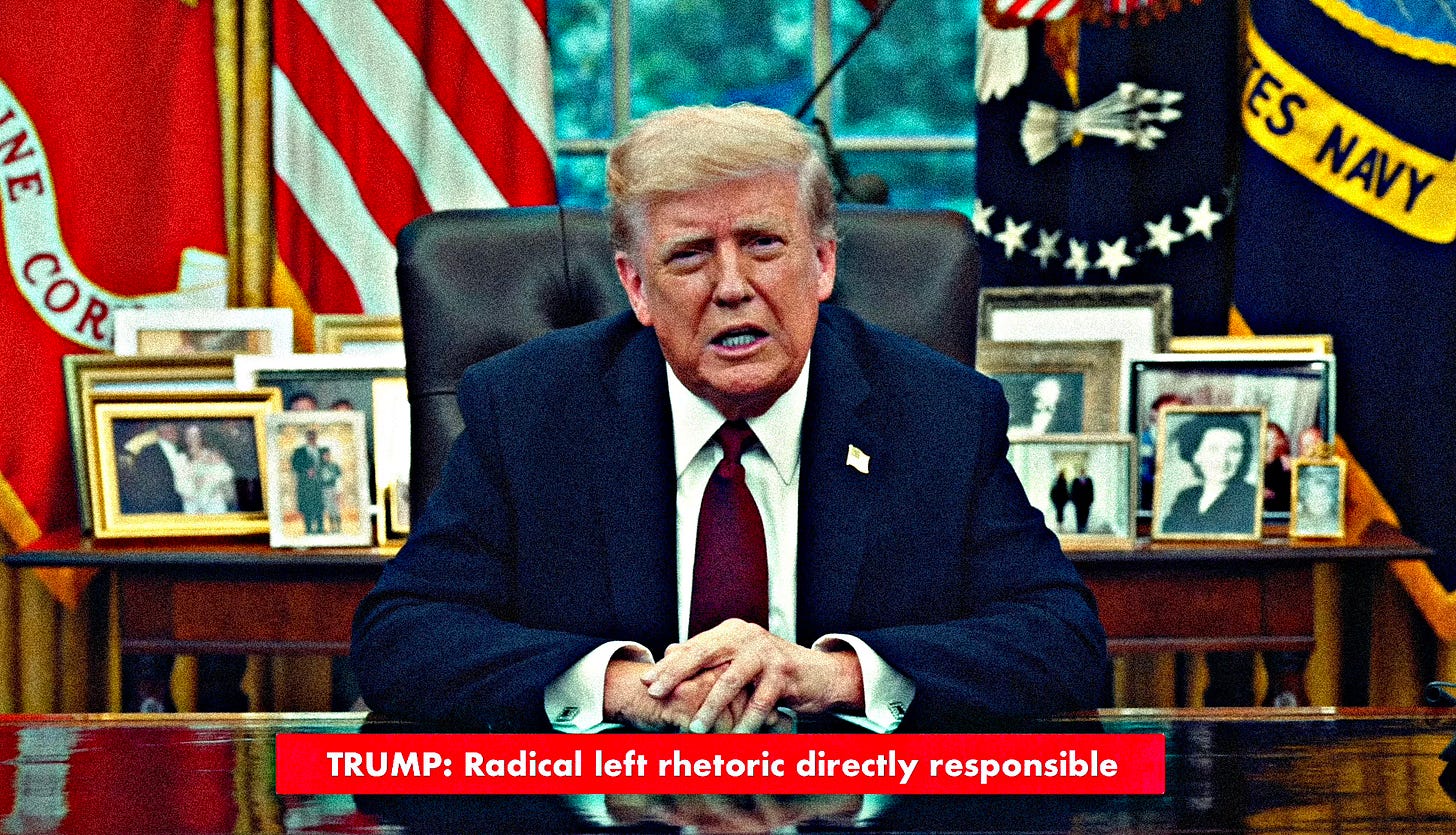
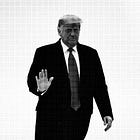
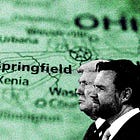
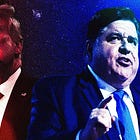
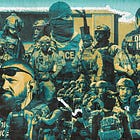

The murder of Charlie Kirk will certainly further divide. Trump and his allies will weaponize it to no end. And just by stating this obvious fact (people can watch Jesse Watters and read Laura Loomer), the MAGA crowd will start screaming and try to silence us.
Excellent piece. Thanks.